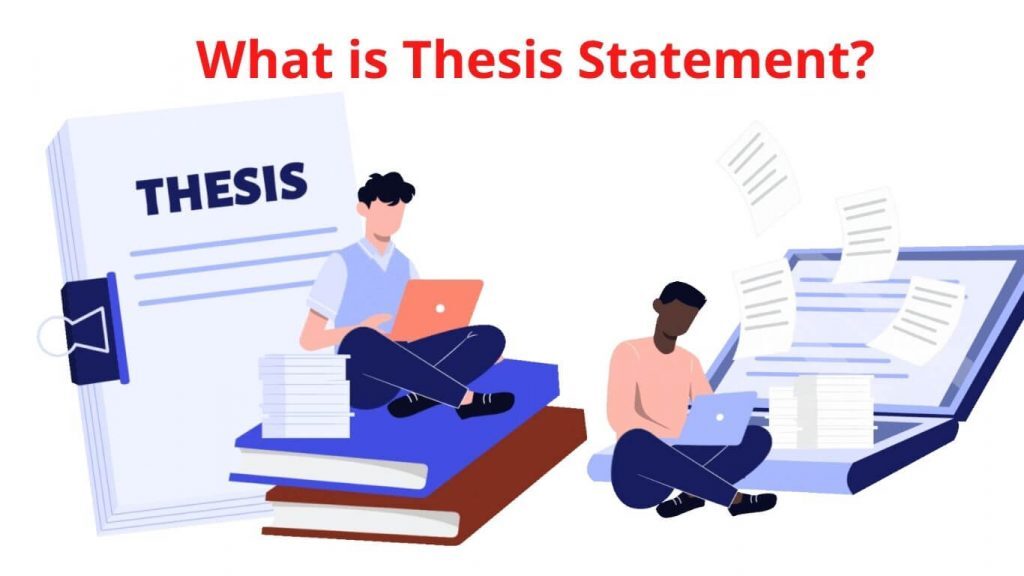
When searching for a job, one of the key things your CV must show is your work experience. More so, many of the jobs you apply for will require different levels of work experience to qualify for a certain role.
The question is: how important is work experience to your career – or is it necessary at all? This article will explain what work experience means in the job market and what it can do for your career.
Table of Contents
Work Experience: What Does It Entail?

Source: linguaholic.com
Work experience refers to the practical wisdom and experience you have gained by working in a particular role, career path, or organization. Your work experience doesn’t necessarily have to be something you were paid to do; it could be through volunteering, internships, and work shadowing.
If you’ve been on a career break, you can easily ease back into it by gaining valuable experience in different jobs. In college, for instance, thesis writing can ultimately be a work experience, and you can acquire these skills by buying thesis.
Is Work Experience Truly Worth It?
Your work experience makes all the difference to your career and ability to land your dream job. Furthermore, if you hope to advance in a career path where you gain skills, you will find work experience highly valuable. In addition, the right work experience prepares you for advanced positions in your career path.
If you’re looking for a new job, your work experience informs potential employers about your capability. They can determine whether you still need training and guidance or whether you can handle the role perfectly well.
Different Levels of Work Experience

Source: marketing91.com
There are four common levels of work experience you may find in job openings. They include:
- Entry Level: You can typically obtain this role right after completing your education or changing your career. You will gain the experience and skills to succeed in your chosen field at this level.
- Intermediate Level: You become qualified for intermediate-level jobs after gaining a few years of experience in a specific field. You’re more advanced than entry-level and will have more opportunities to work independently, but you still need a little supervision.
- Mid-level: At this level, you are experienced enough to oversee one or more departments to ensure your organization runs smoothly. While you’ll still have a boss to report to, you’ll be managing the specific objectives of the department you oversee.
- Executive Level: To get to this work experience level, you must have worked in one field for several years, gaining extensive experience. Once you’re at this level, you can set goals for your organization, procedures, and policies and communicate with stakeholders.
Different Ways to Gain Work Experience
Depending on your background and education, you can gain work experience in various ways. The different ways you can gain work experience include:
- At school,
- A traineeship,
- Work shadowing – where you watch a professional do a specific job for some days,
- Career events,
- Year placements,
- Internships,
- Volunteering opportunities,
- Virtual work experience,
- After-hour or part-time jobs,
- Starting your own business,
- Attending events, real or virtual, organized by different organizations,
- Assisting relatives or friends with businesses.
The Value of Purchasing a Thesis

Source: researchmethod.net
In academia, producing a thesis is a pinnacle achievement, highlighting one’s ability to research, analyze, and convey complex ideas. It’s no surprise that writing a thesis can be an overwhelmingly daunting task. Many students may question, “How does buying a thesis benefit me?”
When you purchase a thesis, you’re not just acquiring a paper; you’re gaining an invaluable example of structured research and academic writing. A well-written thesis showcases the appropriate methodology, organization of ideas, and the depth of analysis expected at the collegiate level. By studying a purchased thesis, students can better grasp the intricacies of thesis structure, from abstract to conclusion.
Moreover, for those unfamiliar with certain topics or research methods, a purchased thesis can serve as a primer, illuminating complex subjects or methodologies. It’s akin to having a personal guide through the maze of academic rigor.
Furthermore, time management is crucial in college. While it’s imperative to develop thesis-writing skills, having a reference point saves time on formatting, structuring, and understanding expectations. This way, students can allocate more time to understanding the content, refining their arguments, and enhancing their original contributions to the topic.
In essence, buying a thesis isn’t a shortcut but a learning tool, propelling students towards academic excellence and a deeper understanding of their chosen subject.
Conclusion
Gaining work experience is no doubt important if you want to start a new career or advance in one. Personally, having valuable work experience makes you feel confident, competent, and knowledgeable – enough to apply for leadership positions.







